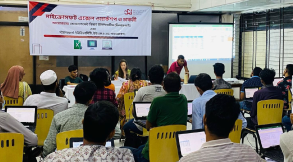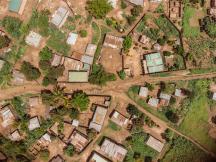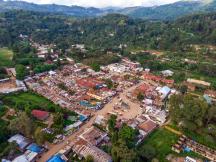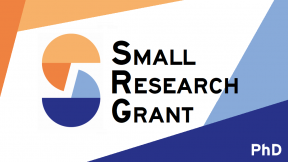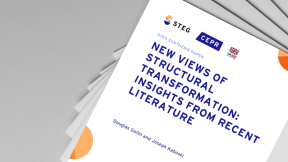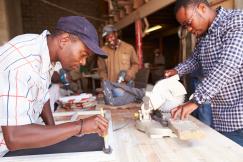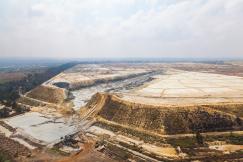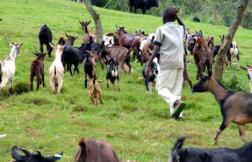Malaria is the primary cause of death among children and a barrier to childhood human capital accumulation in sub-Saharan Africa. The macroeconomics literature thus far concludes that eradicating malaria would mainly increase populations but not substantially raise living standards. This paper reassesses this conclusion by modelling and quantifying the long-run macroeconomic effects of a successful malaria vaccine. To do so, I build a general-equilibrium, overlapping generations model of childhood human capital accumulation and endogenous fertility with malaria modelled as a health shock to children. To parameterize the model, I estimate the short-run effects of reduced malaria risk on women’s fertility and children’s human capital using difference-in-differences with a recent large-scale anti-malaria campaign in Tanzania. I use these estimates to calibrate the model’s parameters and simulate the long-run general equilibrium impacts of malaria vaccines. The model suggests that a universal vaccination would increase per-capita GDP by 30% within 60 years, which is nearly ten times larger than previously estimated. The larger gains stem from higher human capital investments beyond simple increases in years of schooling, amplified over multiple generations.
STEG Working Paper Series
• Research Theme 2: Labour, Home Production, and Structural Transformation at the Level of the Household,
Cross-Cutting Issue 3: Inequality and Inclusion
How Will a New Malaria Vaccine Shape Africa’s Economic Future? A Macroeconomic Analysis
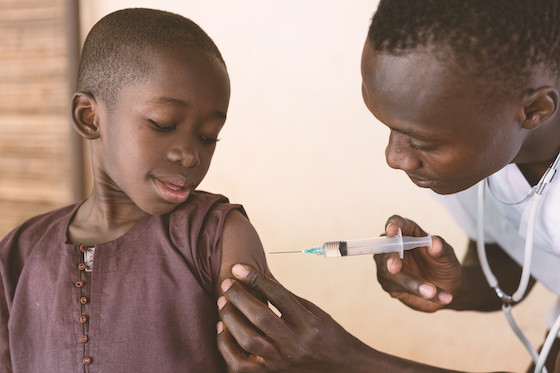
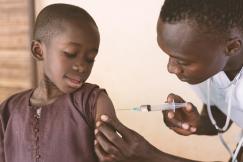
Related content









